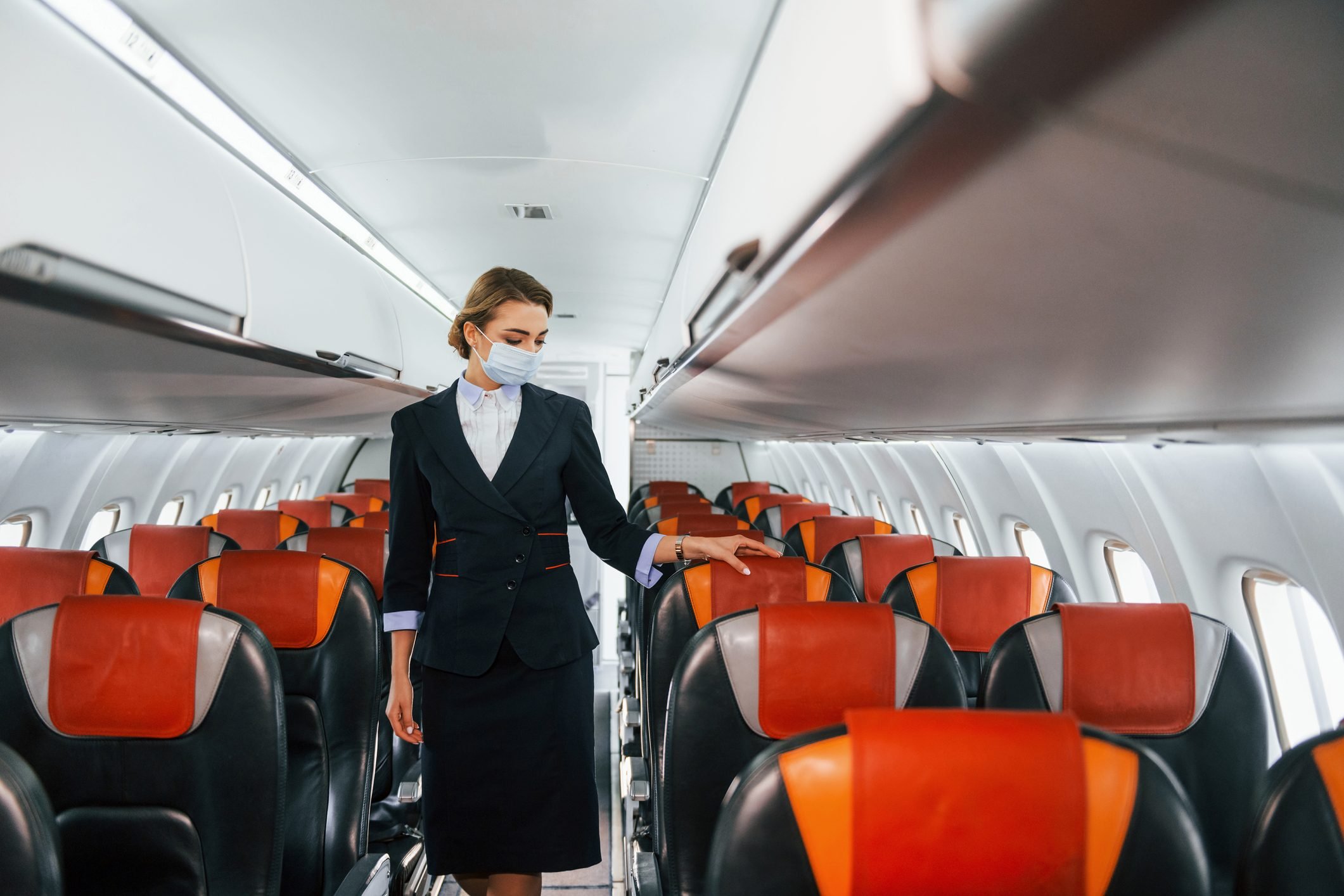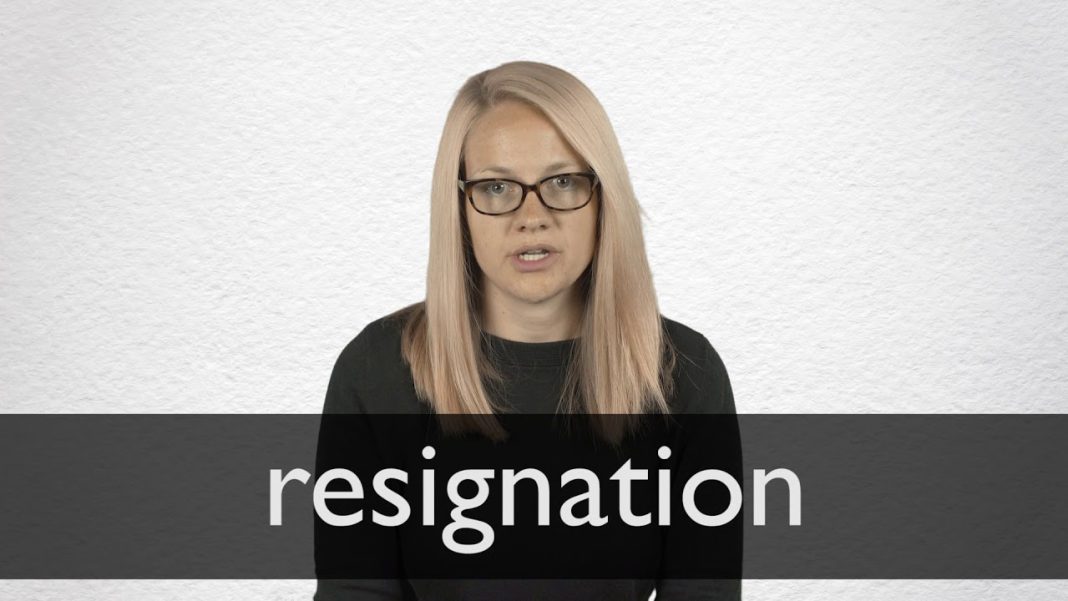 Alaska Airlines flight attendants have rejected a new labor deal that would have provided immediate raises of over 24%, according to their union. This rejection sets the stage for further negotiations as the airline prepares for a potential merger with Hawaiian Airlines. The tentative agreement, reached in June, included boarding pay, back pay, and average pay increases of around 32% over a three-year period. However, the union stated that there is still more work to be done and that they will survey their members to identify key issues that need to be addressed.
Alaska Airlines flight attendants have rejected a new labor deal that would have provided immediate raises of over 24%, according to their union. This rejection sets the stage for further negotiations as the airline prepares for a potential merger with Hawaiian Airlines. The tentative agreement, reached in June, included boarding pay, back pay, and average pay increases of around 32% over a three-year period. However, the union stated that there is still more work to be done and that they will survey their members to identify key issues that need to be addressed.
The rejection of this labor deal by Alaska Airlines flight attendants is part of a larger trend in the airline industry. Workers across the industry have been advocating for pay increases and improved working conditions following the impact of the Covid-19 pandemic on labor negotiations. Salaries and fuel costs are significant expenses for airlines, and negotiations at some carriers have become contentious before new contracts are approved.
Notably, pilots at major airlines have already secured deals over the past couple of years, while other airline workers, such as flight attendants, continue to push for better pay. American Airlines recently reached an agreement with its flight attendants union, with members currently voting on its ratification. On the other hand, United Airlines is still in negotiations for a new contract with its flight attendants’ union.
The rejection of the labor deal by Alaska Airlines flight attendants highlights the ongoing challenges faced by airline workers in their pursuit of fair compensation and working conditions. As the industry begins to recover from the impact of the pandemic, it becomes increasingly important for airlines to address these concerns to ensure the long-term success of their operations.
In conclusion, the rejection of the labor deal by Alaska Airlines flight attendants underscores the need for continued negotiations and discussions between the union and the company. Both parties must work together to address the key issues raised by the flight attendants and reach an agreement that acknowledges their vital role in the airline’s success. As the industry evolves and recovers, it is crucial for airlines to prioritize fair compensation and working conditions for their employees.

